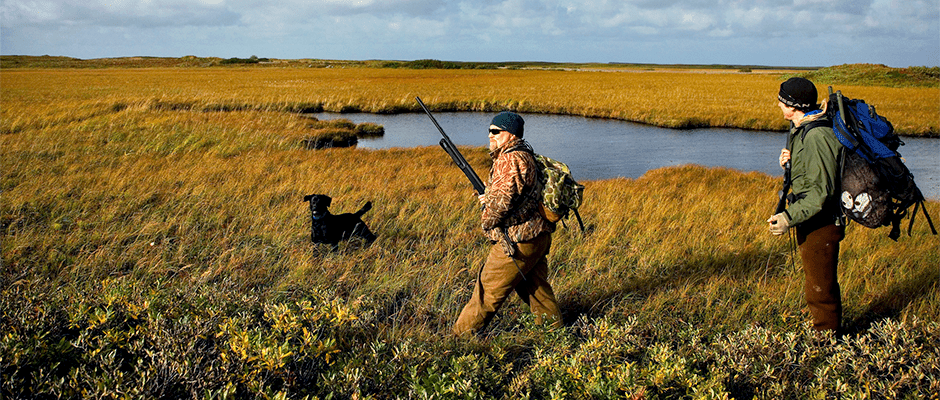Share this article
New version of sportsmen’s package introduced in Congress
A new sportsmen’s package has been introduced to the U.S. House of Representatives that aims to steer clear of contentious provisions that led similarly branded packages to be postponed, but its lack of Republican support puts its future into question.
The “ACCESS Act” (H.R. 4489), short for Authorizing Critical Conservation and Enabling Sportsmen and Sportswomen, was introduced to the chamber by former Congressional Sportsmen’s Caucus Chairman Mike Thompson (D-California) and House Natural Resources Committee Ranking Member Raúl Grijalva (D-Arizona).
This legislation adopts some of the land access and conservation language included in other sportsmen’s packages this year, particularly the SHARE Act (H.R. 3668). Both pieces of legislation include provisions such as the Target Practice and Marksmanship Training Support Act, which would amend the Pittman-Robertson Act to allow states to utilize up to 10 percent of wildlife conservation dollars received from the Act to facilitate the construction and expansion of public target ranges. Both ACCESS and SHARE bills also include reauthorizations of popular bipartisan programs such as the North American Wetlands Conservation Act and the Federal Land Transaction Facilitation Act, which allowed the Department of the Interior and the U.S. Forest Service to use proceeds from the sale of Bureau of Land Management lands to acquire lands of higher conservation value.
The ACCESS Act also includes several additional authorizations relevant to federal and state wildlife conservation, including:
- Reauthorization of the National Fish and Wildlife Foundation, which provides grants to a variety of wildlife and environmental conservation projects.
- Reauthorization of the Neotropical Migratory Bird Conservation Act, which provides grants to migratory bird conservation projects throughout the Americas.
- Permanent reauthorization of the Land and Water Conservation Fund, which uses revenues from offshore oil and gas royalties to support acquisition of federal inholdings of conservation significance and provides state and local governments with funds for outdoor recreation projects.
- Creation of a Theodore Roosevelt Genius Prize program for various efforts relating to conservation and management.
- Codification of the missions and tasks assigned to the Wildlife and Hunting Heritage Conservation Council, which advises the Secretaries of Interior and Agriculture on hunting, recreation, and conservation issues pertinent to federal wildlife and lands management.
- Reauthorization of Multinational Species Conservation Funds, including the African Elephant Conservation Act, the Asian Elephant Conservation Act, the Rhinoceros and Tiger Conservation Act, the Great Ape Conservation Act, and the Marine Turtle Conservation Act.
The ACCESS Act avoids firearm-specific provisions and other often partisan elements that resulted in the SHARE Act stalling in the aftermath of the October shooting in Las Vegas. These include the “Title XVI – Lawful Purpose and Self-Defense” and “Title XV – Hearing Protection” portions of the bill. These titles of the SHARE Act involve provisions that if passed would ease restrictions on transporting firearms between states, ease restrictions on the sale of armor-piercing bullets, and make the process for obtaining firearm silencers comparable to that of a background check for gun purchases.
The ACCESS Act and SHARE Act both face uncertain futures in the House. While the SHARE Act has passed out of committee, current events leave the chances of any vote taking place on the House floor in the near future unlikely. The ACCESS Act’s Democratic-only support and tailored casting as a rebuke to the SHARE Act also leaves the chances of this legislation getting a hearing in a Republican majority Congress quite low.
Header Image: ©Ryan Hagarty/USFWS








